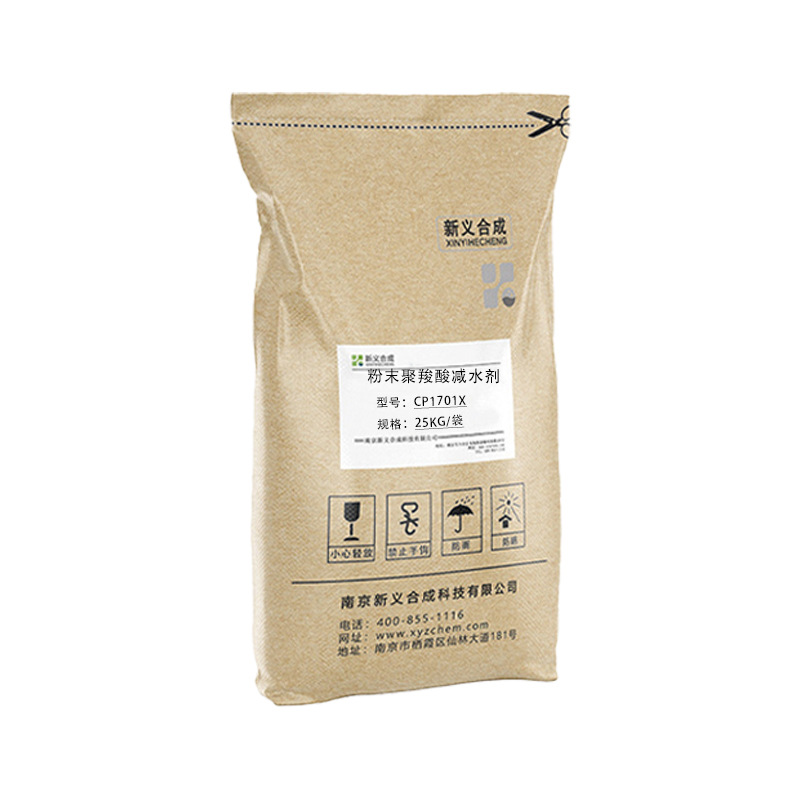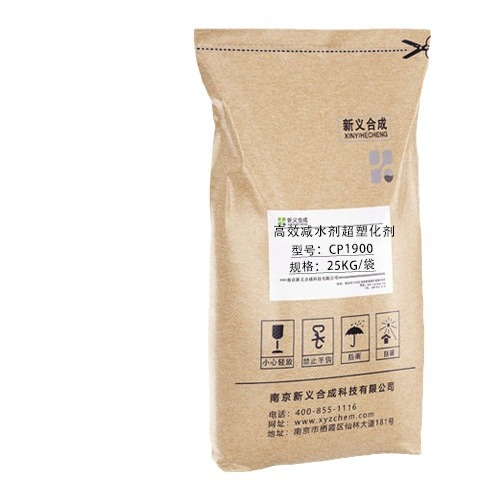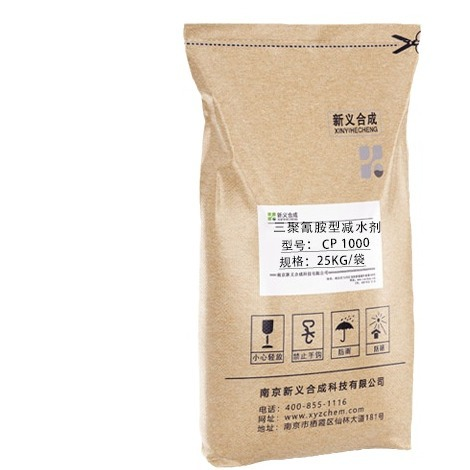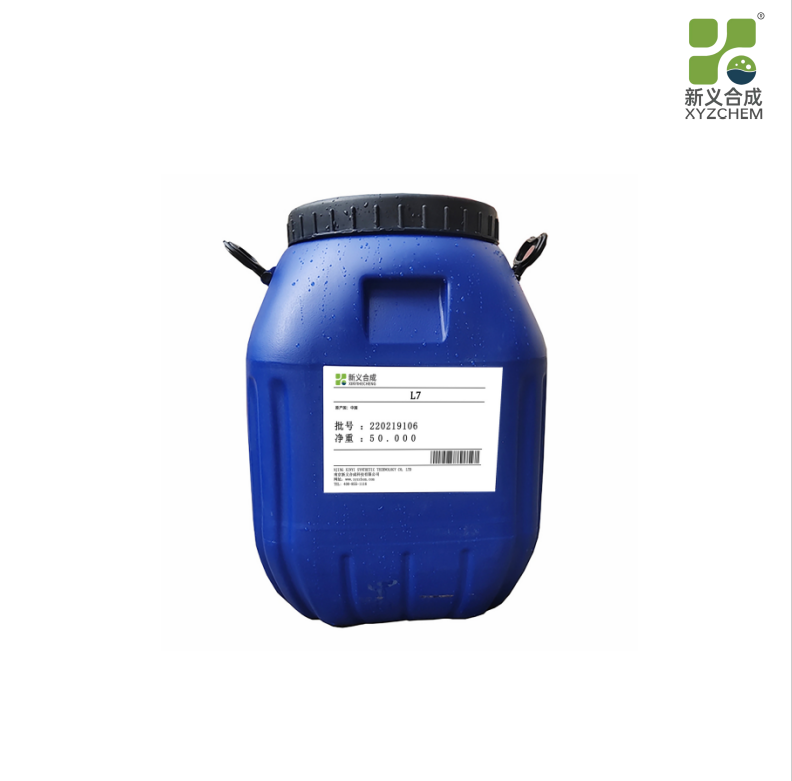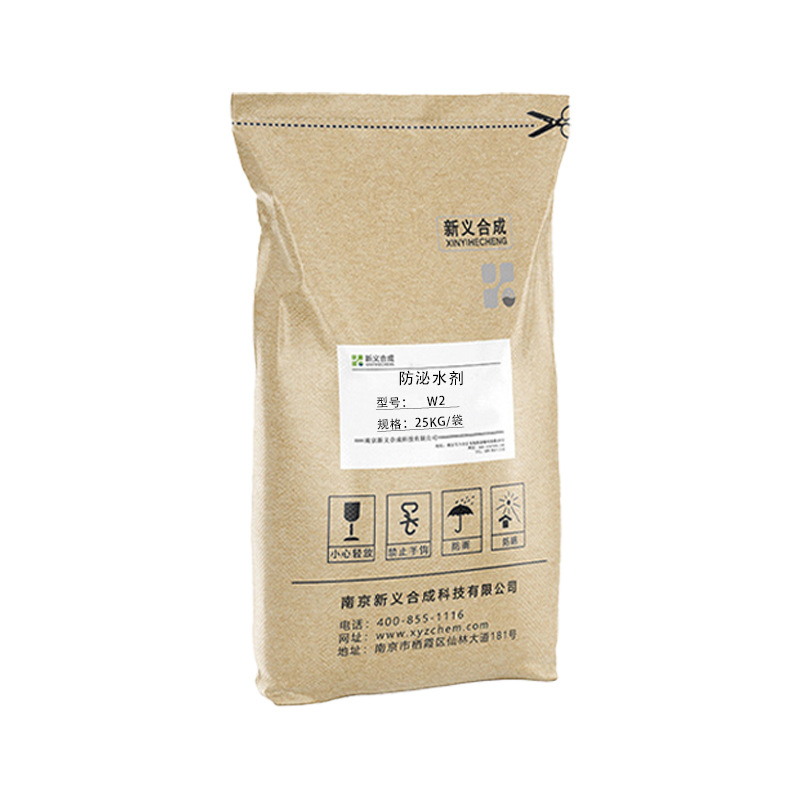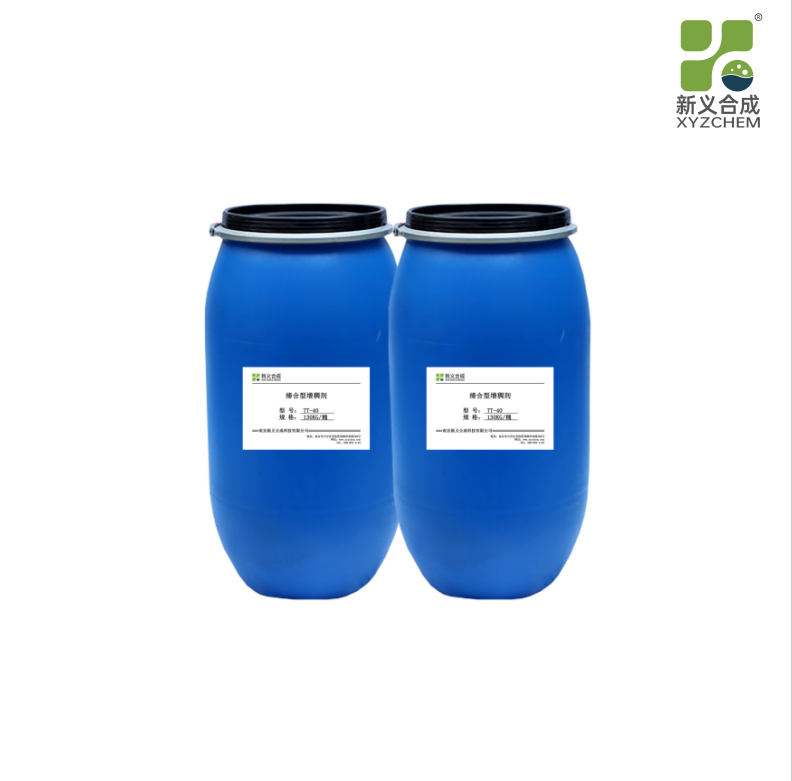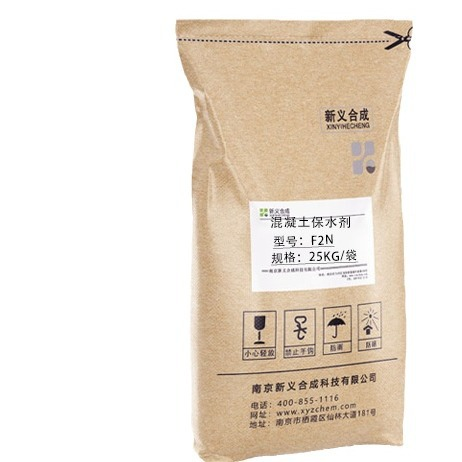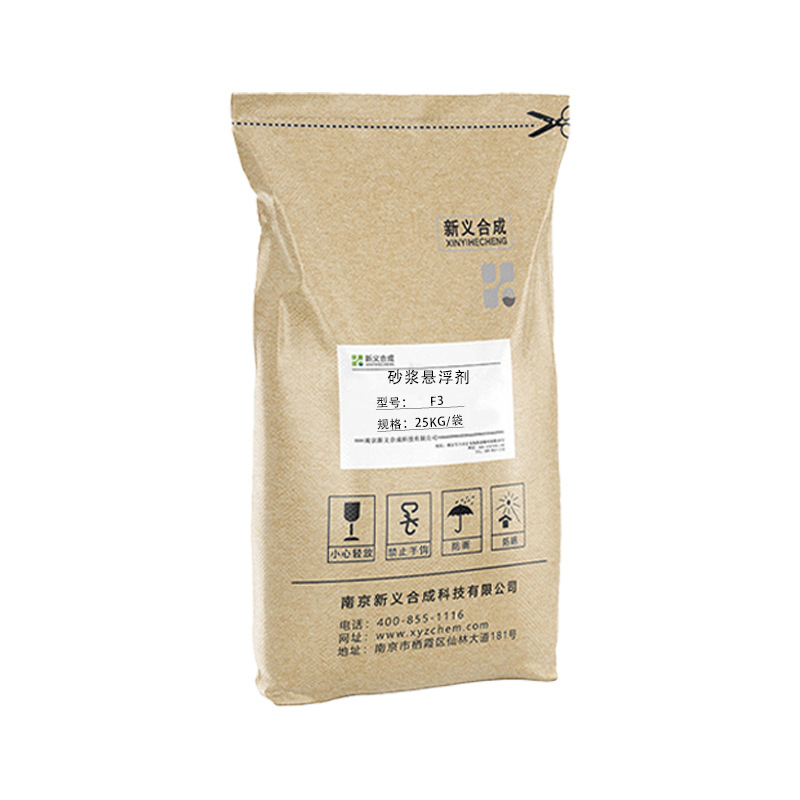Product Features
1. High efficiency in preventing water seepage: SH-W2 can effectively control the separation of water in the mortar, ensuring that there is no water seepage during the construction and hardening process, thereby improving the construction quality and service life of the mortar.
2. Good uniformity: While maintaining high fluidity, SH-W2 can keep the mortar in uniform composition and texture, prevent sand from settling, and ensure the uniformity and stability of the mortar.
3. Good compatibility with polycarboxylate water reducer: SH-W2 has good compatibility with polycarboxylate water reducer. The combination can give full play to the advantages of both, effectively make up for the sensitivity of polycarboxylate water reducer, and improve the overall performance of mortar.
4. Convenient construction: SH-W2 is easy to add and use, and can be directly added to the mortar for mixing. No additional construction equipment and operating skills are required, which greatly simplifies the construction process.
FAQ
1. What is a mortar anti-bleeding agent?
A mortar anti-bleeding agent is a chemical added to mortar. Its main function is to improve the mortar’s water seepage performance, that is, to reduce the separation and seepage of water in the mortar during mixing, construction and hardening, thereby enhancing the mortar’s strength and durability.
2. What are the main characteristics of a mortar anti-bleeding agent?
Improving water seepage performance: By adding a mortar anti-bleeding agent, the separation and seepage of water in the mortar during mixing, construction and hardening can be effectively reduced, and the uniformity and stability of the mortar can be improved.
Enhancing mortar strength: Reducing water seepage can improve the density and adhesion of the mortar, thereby enhancing its compressive strength and wear resistance.
Improving durability: By reducing moisture and air pores in the mortar, the anti-bleeding agent can also improve the mortar’s impermeability, freeze-thaw resistance and durability.
3. What is the scope of use of mortar anti-bleeding agents?
Mortar anti-seepage agents are widely used in the construction field, including but not limited to the following aspects:
Waterproofing and moisture-proofing projects such as walls, roofs, and basements: In these projects, mortar anti-seepage agents can improve the waterproof performance of mortar and prevent moisture penetration and damage.
Infrastructure such as bridges and tunnels: In these structures, mortar anti-seepage agents can improve the durability and impermeability of mortar and extend the service life of the structure.
Water conservancy projects such as pools and water towers: In these projects, mortar anti-seepage agents can prevent moisture leakage and ensure the integrity and safety of the structure.
4. How to use mortar anti-seepage agents correctly?
The steps for using mortar anti-seepage agents are as follows:
Determine the amount of addition: Determine the amount of mortar anti-seepage agent added according to the specific project requirements and the mix ratio of mortar.
Mix evenly: Add the mortar anti-seepage agent to the dry mortar and use a mechanical stirrer to fully stir it to ensure that the mortar anti-seepage agent and mortar are evenly mixed.
Construction: Carry out construction according to the conventional mortar construction method, and pay attention to controlling the construction speed and the number of smoothing times to ensure the uniformity and stability of the mortar.
Maintenance: After the construction is completed, the mortar should be maintained according to the conventional mortar maintenance method to keep the mortar surface moist and at a suitable temperature.
5. What should be paid attention to when using mortar anti-seepage agent?
The following points should be noted when using mortar anti-seepage agent:
Strictly control the amount of addition: Too much or too little addition will affect the performance of the mortar, so it must be added according to the prescribed amount.
Full mixing: Insufficient mixing will cause uneven mixing of the mortar anti-seepage agent and the mortar, affecting the waterproofing effect.
Construction control: During the construction process, the construction speed and the number of leveling times should be controlled to avoid the mortar being too thick or too thin to ensure the uniformity and stability of the mortar.
Maintenance: After the construction is completed, maintenance should be carried out in time to keep the mortar surface moist and at a suitable temperature to improve the strength and durability of the mortar.
